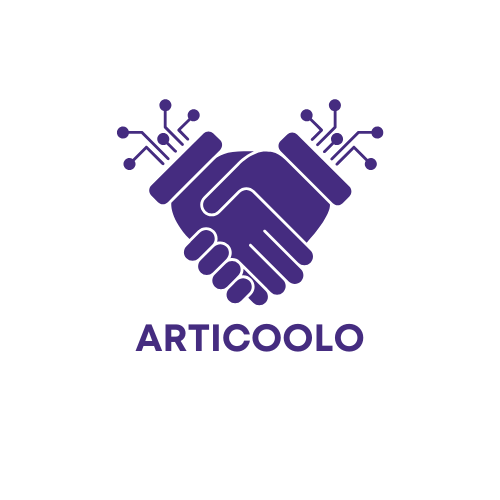Artificial intelligence is often seen as something futuristic, but it has already become part of everyday life. Many of the tools and services people use daily are supported by AI, even if it is not always obvious. It works in the background, making tasks easier, faster, and more efficient.
From the way we shop to how we communicate, AI helps shape modern experiences. It quietly improves accuracy, personalisation, and convenience without demanding attention. Most people interact with it every day without realizing it, because it blends into the technology they already trust.
As AI continues to develop, its role in daily routines will only grow. It is not about replacing human effort but about supporting it in subtle ways. Understanding how AI is quietly working behind the scenes can help us appreciate the value it brings to modern living.
Entertainment and Leisure
Entertainment and leisure are some of the most noticeable areas where AI has become part of daily life. Streaming services, gaming platforms, and music apps all use AI to recommend content, making it easier for people to discover shows, games, or songs they will enjoy.
Online gaming is another space where AI plays an important role. Platforms offering free arcade casino games use AI to enhance gameplay, improve security, and provide a smooth user experience. This allows players to enjoy safe, engaging entertainment from their devices, often without even noticing the technology working behind the scenes.
AI also helps leisure platforms adapt to personal preferences. By studying user habits, it ensures that entertainment feels more tailored and interactive, making free time more enjoyable and rewarding.
Smart Home Devices
Smart home devices are one of the clearest examples of AI working quietly in the background. From voice assistants to automated lighting and climate control, these tools help create homes that respond naturally to daily routines.
AI allows devices to learn patterns, such as when lights should turn on or what temperature is most comfortable at different times of the day. This not only makes living spaces more convenient but also helps reduce energy use.
With security cameras, door locks, and sensors, AI adds an extra layer of protection by quickly detecting unusual activity. These devices show how AI blends into daily life, making homes smarter, safer, and more efficient without much effort from the user.

Personalized Shopping
Shopping has become more convenient thanks to AI working quietly in the background. Online stores use smart systems to recommend products based on browsing history, past purchases, and even seasonal trends. This helps shoppers find what they need quickly and discover items that match their interests.
AI also improves the overall shopping experience by predicting demand and keeping popular products in stock. It supports secure payment systems and reduces errors in orders, creating smoother and safer transactions.
For many people, the personalization goes unnoticed, yet it saves time and effort. From tailored suggestions to faster service, AI is reshaping the way shopping feels, turning it into a more efficient and enjoyable part of everyday life.
Healthcare Support
AI is playing a growing role in healthcare by offering support that feels seamless and reliable. Many clinics and hospitals now use AI to help with scheduling, patient records, and quick access to information, which saves time for both staff and patients.
AI-powered apps can also guide people with basic health questions, track fitness goals, and remind them to take medication. These tools make managing personal health simpler and more accessible.
In addition, AI assists doctors by analyzing medical data more quickly and spotting patterns that might be missed. While the final decisions are always made by professionals, AI helps provide faster and more accurate support, improving the quality of care for everyday health needs.














Discussion about this post